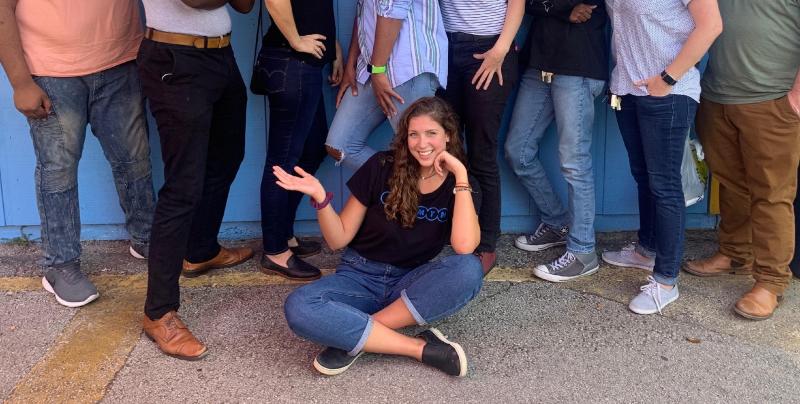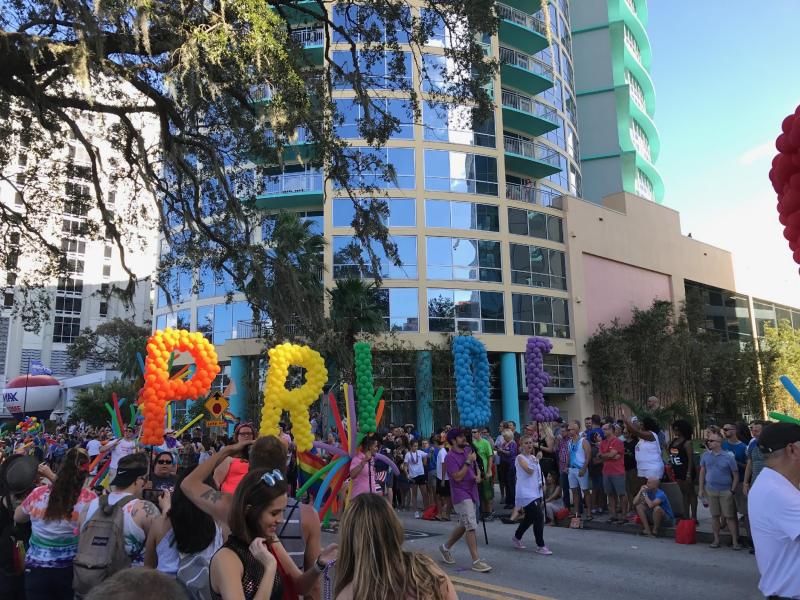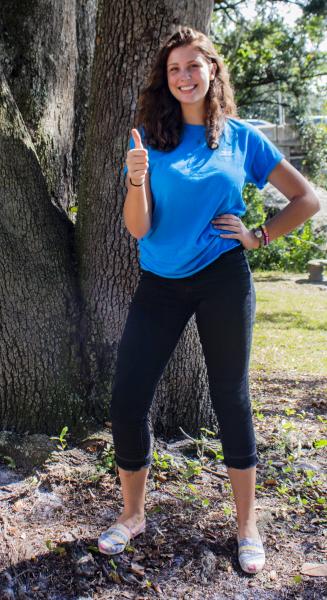 Every June, thousands upon thousands of people don the rainbow flag and attend parades, events, and marches of all kinds in celebration of Pride, an international movement that both celebrates and honors LGBTQ+ people and communities.
Every June, thousands upon thousands of people don the rainbow flag and attend parades, events, and marches of all kinds in celebration of Pride, an international movement that both celebrates and honors LGBTQ+ people and communities.
This year, as the 50th anniversary of Pride’s emergence via the Stonewall Riots of 1969 as well as the 3rd anniversary of the Pulse Nightclub shooting arrive, I ask myself, “What does Pride mean to me?”
As a Care Coordinator at JASMYN, I interact with young members of the LBGTQ+ community every day, and I see the impacts of Pride on daily life for LBGTQ+ people. As recently as 50 years ago, a person could be in personal danger or even arrested for dressing against perceived gender norms or for being in a same-sex relationship. Recognition of same-sex marriages in the legal system only arrived as recently as 2015, not even four years ago today.
Now, in 2019, I feel a wash of pride, relief, and joy to see young people on every end of the spectrum of gender and sexuality be able to dress however they want and love whoever they want while in the JASMYN space. It is beautiful to see people abandon their fears at the door and engage in their truth without hesitation.
However, during Pride we must also honor the LBGTQ+ people we have lost to hate over the years, and recognize that we still have a lot of work to do to make every space an equal and safe place for anybody to be in, regardless of their external expression or sexuality.
 In 2018, Jacksonville, Florida(the city hosting me and my National Health Corps chapter) was responsible for three out of the 22 murders of trans-identifying people in the United States, the most of any city in the country.
In 2018, Jacksonville, Florida(the city hosting me and my National Health Corps chapter) was responsible for three out of the 22 murders of trans-identifying people in the United States, the most of any city in the country.
This sobering fact can be disheartening, but it fortifies me to remember that change can begin with an individual. While many things are out of our control on the institutional and cultural level, even something as small as respecting each person’s personal pronoun preference, or refusing to look the other way to bullying, or telling LGBTQ+ people in your lives that you love and support them, can go a long way.
To conclude this blog post I’d like to affirm to any LGBTQ+ people or allies who read this: You are entitled to live your truth and be autonomous and dignified in your lived reality. That is your right as a human being and we must all do our best to uphold that every day.
For more information about how to avoid misgendering via using the wrong personal pronouns, explore here: https://www.mypronouns.org

This blog post was written by NHC FL AmeriCorps member, Savannah Harris.
Savannah serves at JASMYN as a Care Coordiantor.
